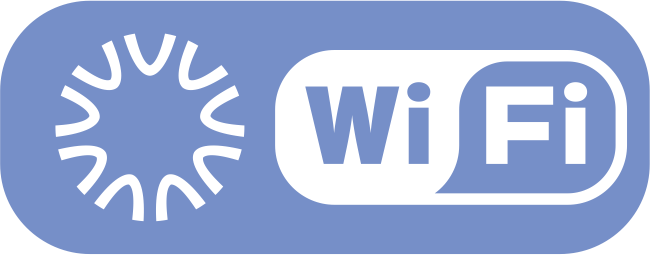What is UBILINK?
UBILINK is a next-generation Internet of Things (IoT) communication protocol designed to facilitate seamless communication between IoT devices without the need for compliance with predefined protocols.
Why UBILINK?
CUSTOS UBILINK implementation is based on LoRa's spread spectrum technology which is similar to LoraWAN for exceptional long-range communication and strong immunity to interference. Unlike conventional methods, UBILINK introduces a simplified system for "self-described device control profile provisioning." During the initial pairing process, our gateway a.k.a (smart home hub) acquires control capabilities directly from the corresponding device.
This means our gateway doesn't need to know about every device when it's made. As a result, the gateway remains relevant throughout its entire lifespan, constantly adapting to newer and more diverse devices as they become available over time utilizing the UBILINK communication framework.
Radio Technologies:
Technically, UBILINK is a methodology for ad-hoc device data exchange only, not a complete IoT communication solution. It can be implemented on various wired and wireless telecommunication means, such as Wi-Fi, Bluetooth, RS-232/485, etc.
Currently, UBILINK operates on two commonly used radio transports:

1. UBILINK over LoRa (UoL): This protocol leverages LoRa radio, offering exceptional data link budget, robust interference immunity, and low power consumption. Two key advantages of UoL over UoW include extended communication range and Wi-Fi fail-safe capability.

2. UBILINK over Wi-Fi (UoW): This protocol utilizes Wi-Fi transport, capitalizing on its widespread use and abundance of hardware options. However, it is important to note that UoW relies on your Wi-Fi router or access point for communication between sensors and the gateway, and will not function in the event of a Wi-Fi router or access point failure.
